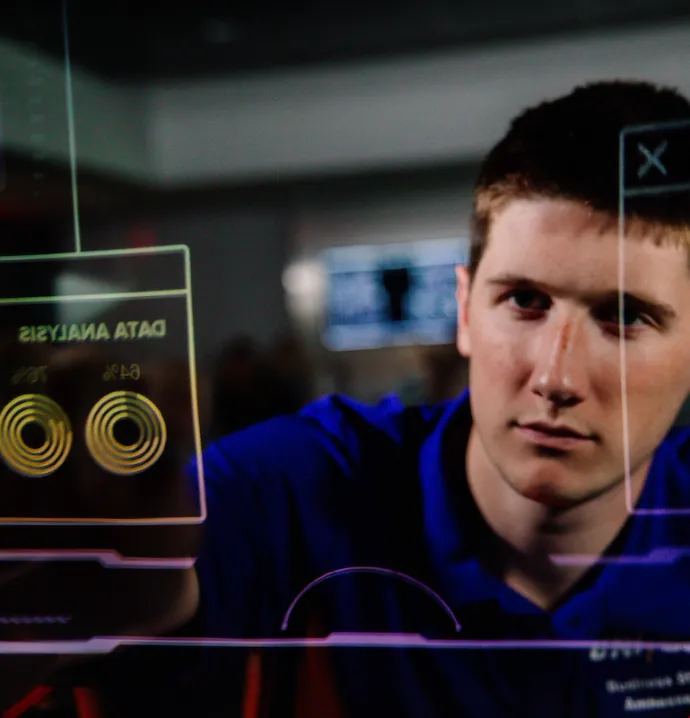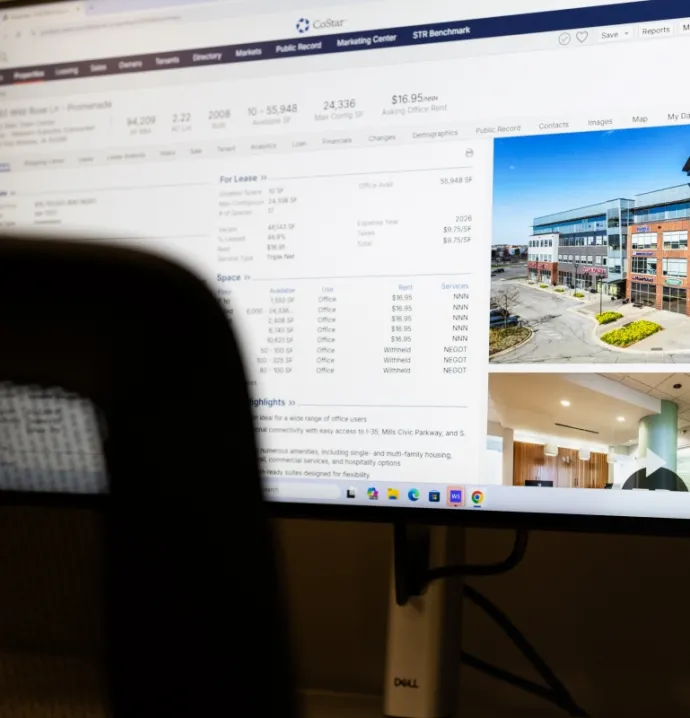The rise of the socially responsible entrepreneur
The rise of the socially responsible entrepreneur
Laurie Watje has worked closely with UNI students and their businesses for 12 years. As the associate director of the UNI John Pappajohn Entrepreneurial Center, Watje has seen the whole gamut of business plans and ideas.
In recent years, she’s noticed a trend with Generation Z students — people born roughly after 1995 — and their passions. They don’t just want to create a business; they want to create a mission.
“I’m seeing more of this generation do more of a societal give-back,” Watje said. “They are more focused on their impact, not only globally, but locally. They are more passionate about having their business benefit them, but also benefit their realm of influence.”
Businesses with a built-in societal give-back are called social enterprises. They span all kinds of organization types, including for-profit and nonprofit companies, and have a variety of purposes. What they have in common is prioritizing community benefits rather than just the bottom line.
Watje’s experience is in line with national trends as well. According to a Global Entrepreneurship Monitor study by Babson College and partners in 2016, 52% of those surveyed reinvested profits into social initiatives. Just more than 3% of those surveyed were in the startup phase of a social enterprise in the previous year.
“What I’m witnessing and seeing, students are very passionate and this is a cause they feel strongly about,” Watje said. “They are remaining true to themselves and their passion, so it’s a good thing. It’s empowering for them to do good in their business and help society as a whole.”
Watje said it’s much easier for businesses to have a social component when it’s built in from the beginning. There are challenges to remaining profitable when the business is donating money or time to a cause, but that’s not necessarily what students she works with are worried about. They take into account the triple-bottom line, which incorporates profits, environmental needs and societal needs.
“They are more concerned about their passion than the profits,” Watje said. “They aren’t driven solely by the profits. They factor in all of the costs and build their financial model accordingly.”
Social entrepreneurship at UNIBusiness
Sarah Helleso’s (Human Services ‘15) business started in a church. The goal of the nonprofit business, TryPie, is to teach teen girls in the Cedar Valley area valuable work skills while creating tasty pies for sale.
Helleso minored in business management and spent plenty of time at the UNI John Pappajohn Entrepreneurial Center while finishing up her degree in 2014 and ‘15. In 2014, Helleso and co-founder Megan Tenson partnered with a local youth organization to provide employment to teen girls. Based on a neighborhood study conducted the year before, the business model was based around pies.
With help from the UNI JPEC, the business started creating pies in a church kitchen, selling the product during Thanksgiving and the holiday season. The girls learned interviewing skills, work ethic, basic accounting, inventory management, social media and more, all while earning a paycheck.
The support from the community was tremendous, and the business grew too big for the church kitchen. In December 2018, TryPie moved to a storefront in downtown Waterloo, near its main street. Helleso said she has her dream job, and she’s happy to give back via her business.
“I had a desire to see social impact, but at the same time I wanted to impact a community in ways that weren’t isolated to a profit,” Helleso said. “These girls and this community are incredible.”
Jessica Wise’s (Marketing ‘20) story is similar. Her T-shirt business, White & Yellow, donates 10% of its profits toward a cause, which is determined by the product the customer purchases.
“At White & Yellow, you can pick which charity you want to donate to based on what shirt you buy,” Wise said. “It’s been exciting, and I’m really loving it. It’s been fun being an entrepreneur. The John Pappajohn Entrepreneurial Center has been an awesome resource for me.”
Both entrepreneurs are emblematic of what Generation Z might bring to businesses in the future — making great products that customers enjoy while serving the greater good.
“One of the benefits of a social enterprise is you have a great mission paired with a great product,” Helleso said. “So I think people are craving that opportunity to be part of something great and that investment in young people.”
“They also get to eat some great pie,” she added with a laugh. “That’s not a bad deal.”




